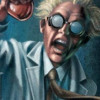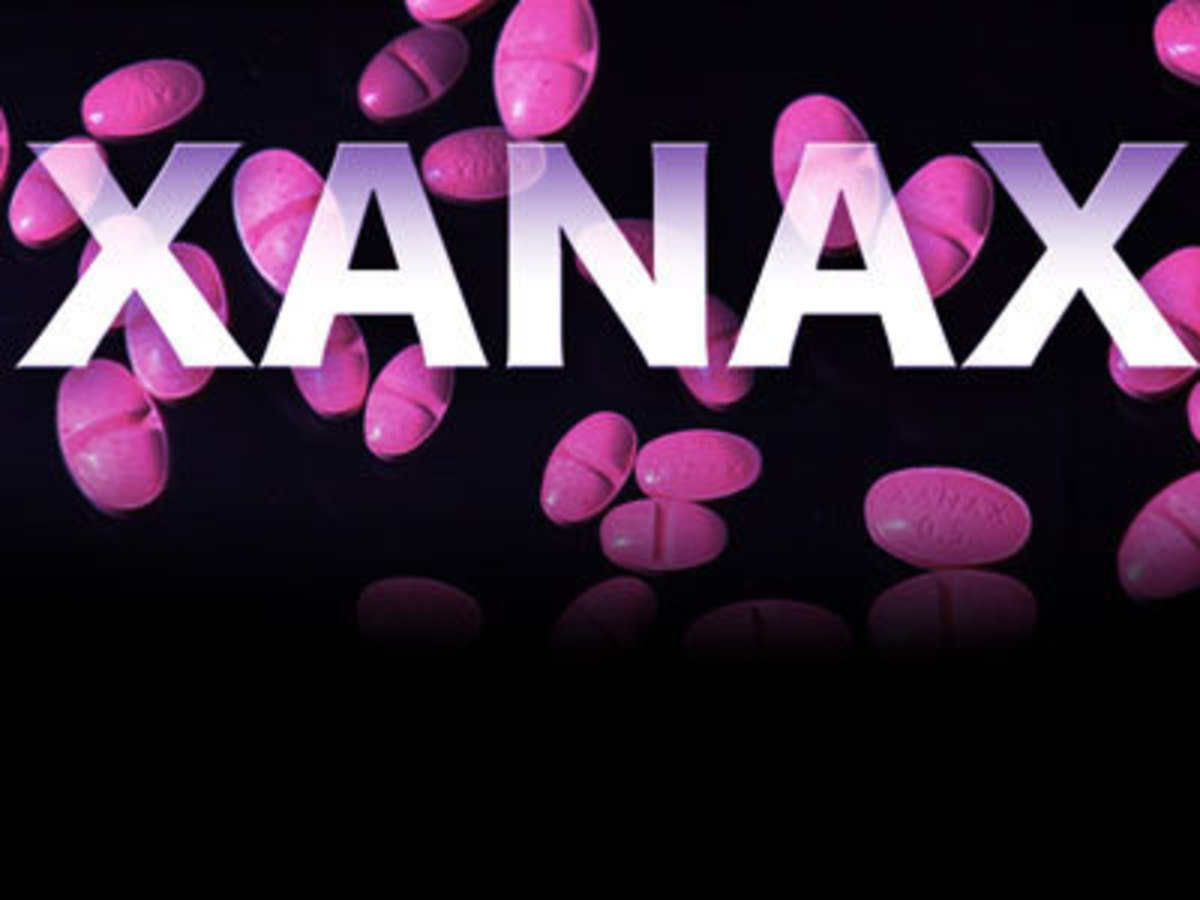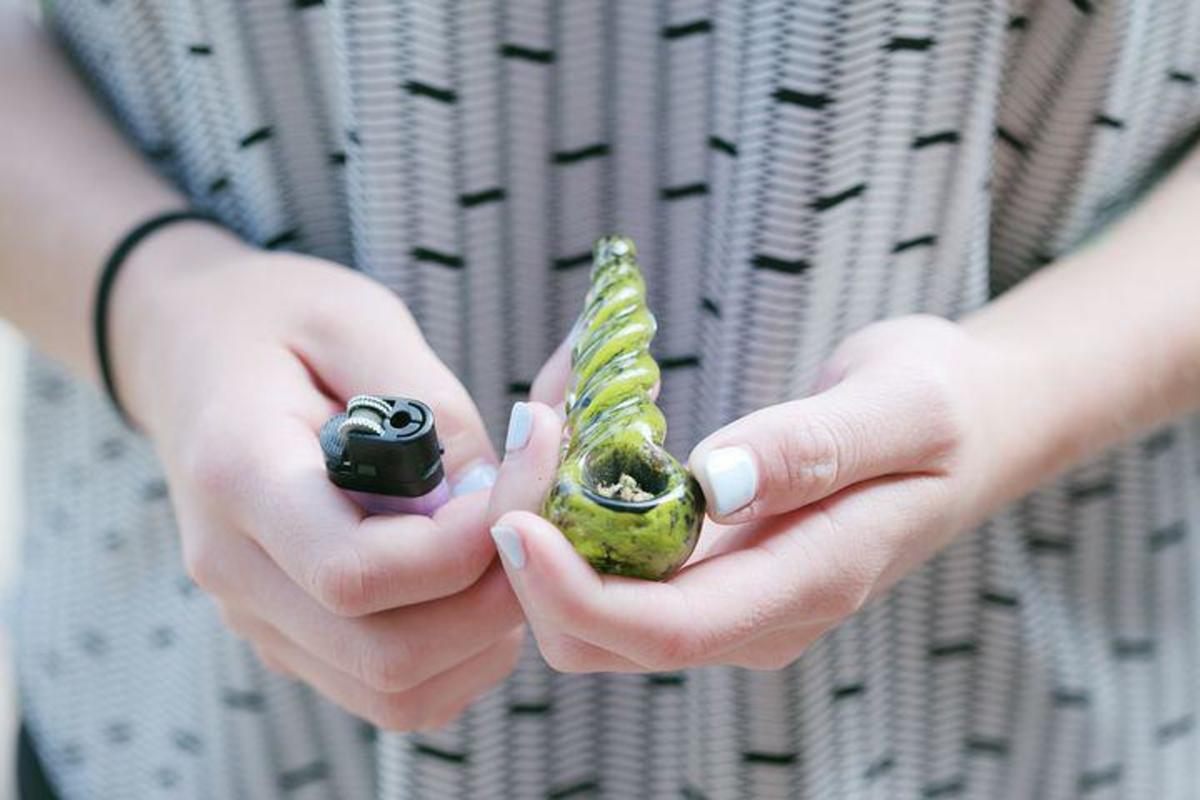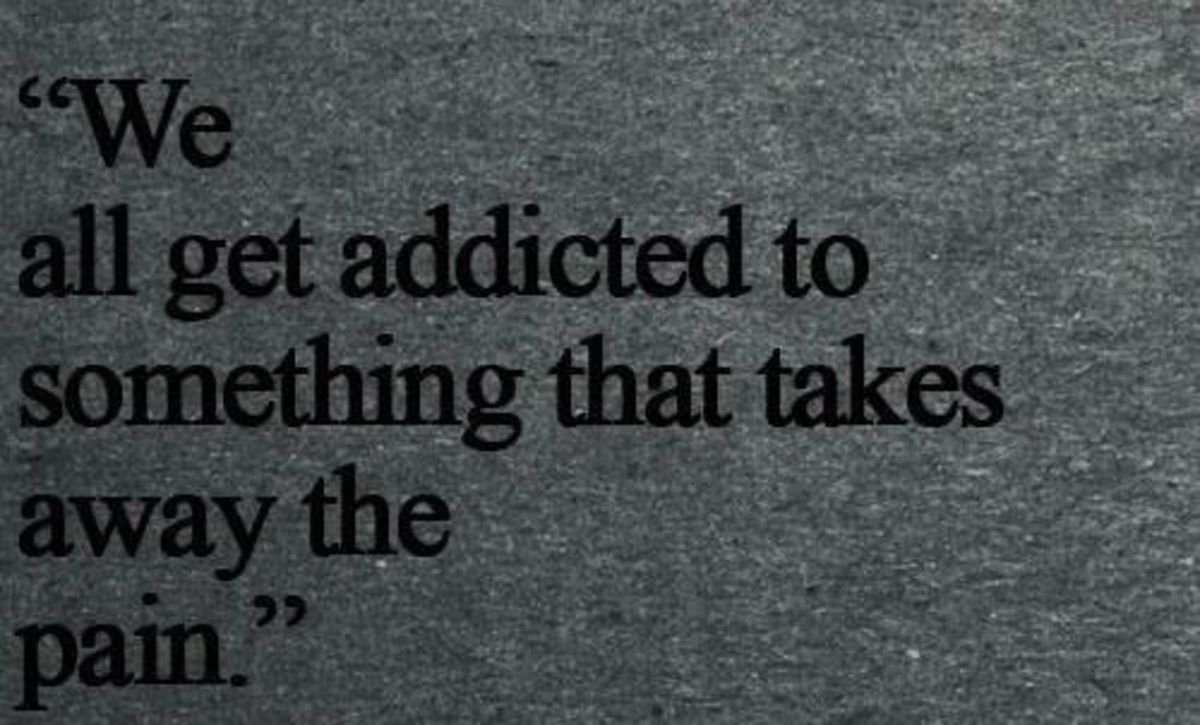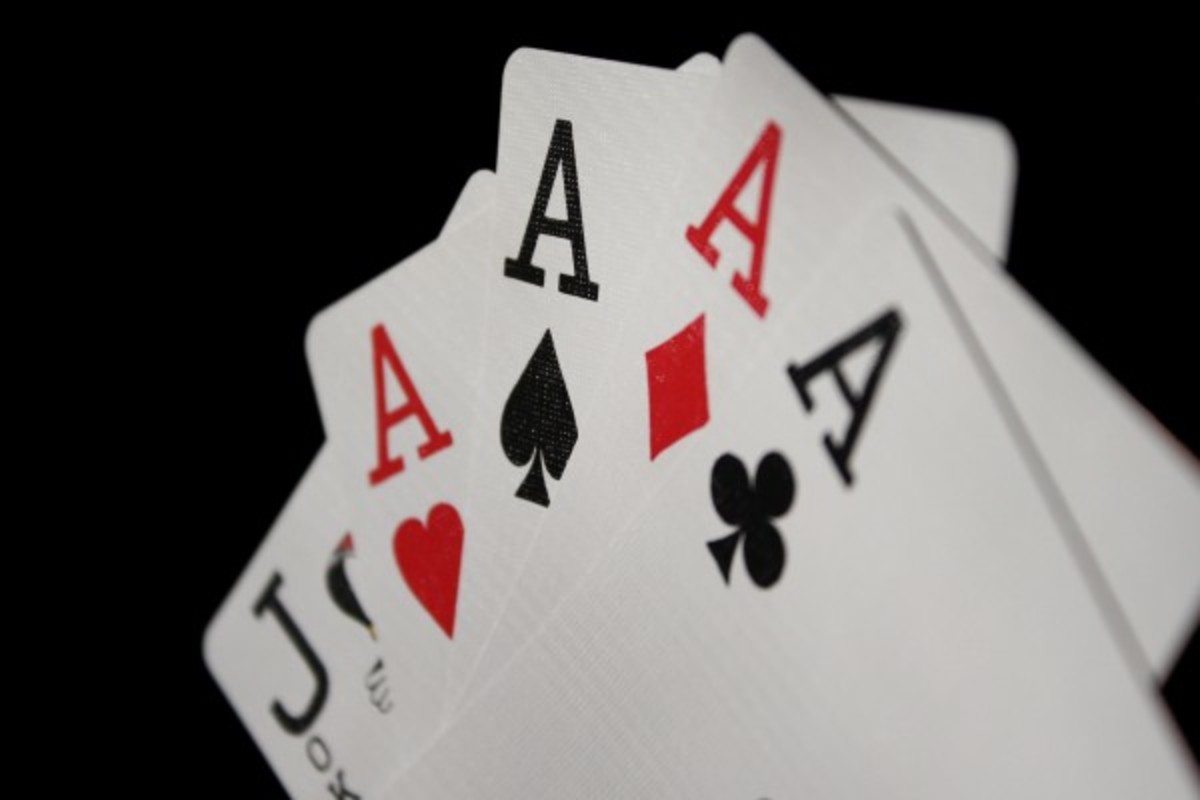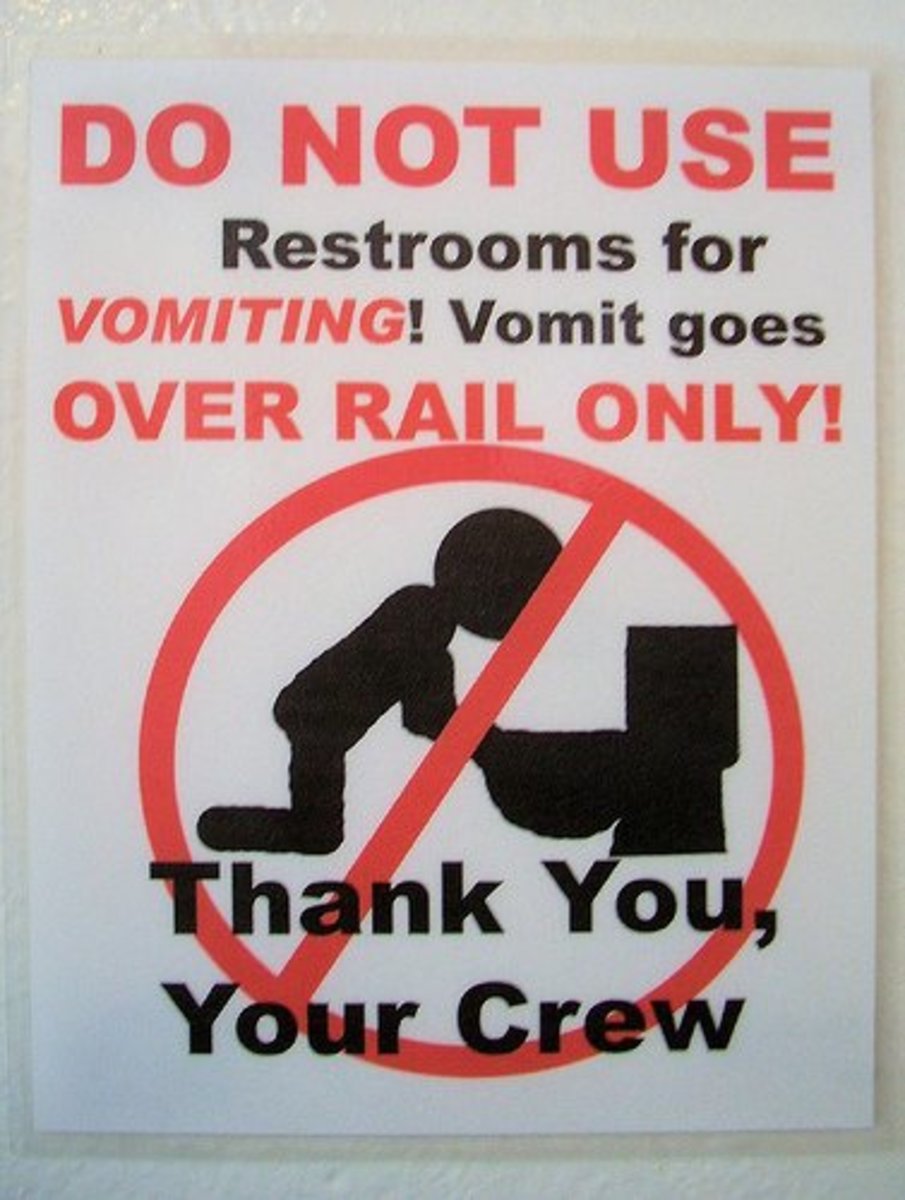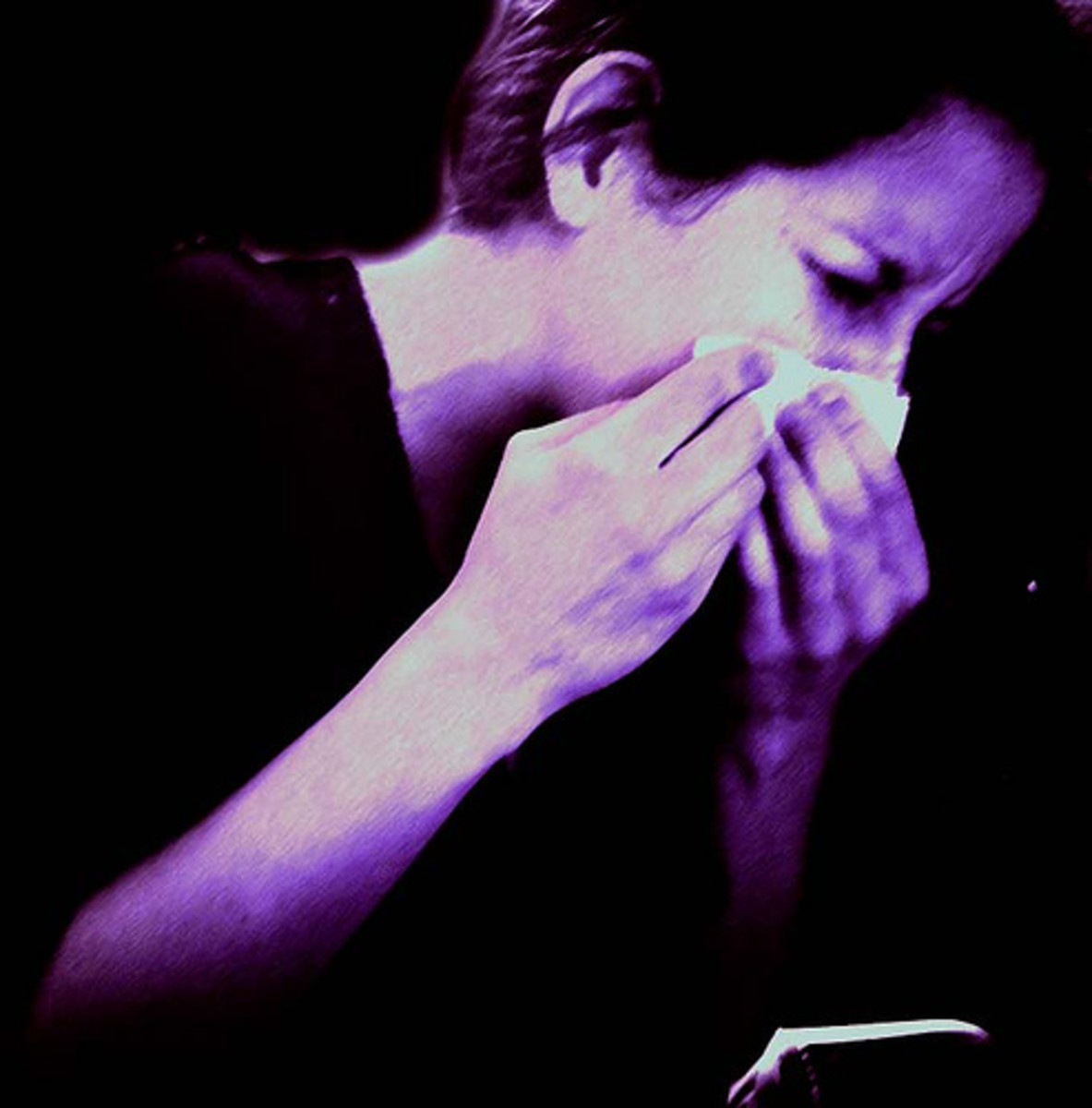Addiction - Something that can affect even the strongest of us.


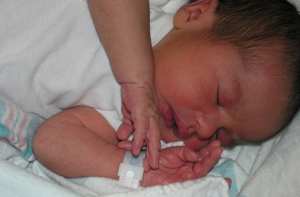
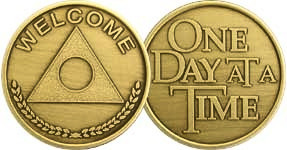
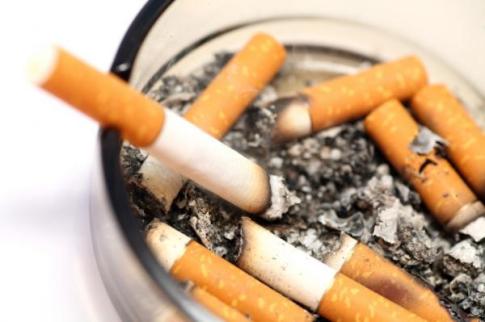
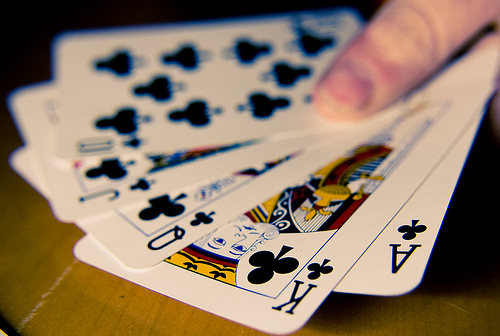

This is a far more complex subject than simply to suggest someone goes to a re-hab. centre to cure the problem and “hey presto” everything is resolved. Addiction is a far more complicated problem and can have both physical and mental causes and far reaching consequences.
One can become addicted in many different ways to substances ranging from taking hard drugs, alcohol, tobacco, prescription painkillers, but also compulsive behavioural disorders, which can be devastating to normal life.
Perhaps if we take them one by one we can look at the causes, effects and possible remedies.
Illegal drugs
In many ways these are tied in with mental disorders and are used to escape from overwhelming problems. We can break this down into three parts.
a) Pressure of work or family problems.
b) Need to blank out severe pain or feelings of panic or inadequacy.
c) Seeking a euphoric high for recreational purposes or just to escape the world.
In the first case the need is for performance enhancing drugs which will allow you to work harder, faster and longer. From the point of view of work the question you must ask yourself are you in the right job. Trying to tackle a job that is beyond your abilities, whether that is because of a temporary problem or a permanent reason will put an intolerable strain on you. In the same way family problems whether it is marital or financial must be addressed honestly. Taking drugs will not make the problem go away all it does is smother then temporarily. Without wishing to offer platitudes, help is available for almost any problem by kind knowledgeable people who are not judgemental and have, almost certainly seen problems such as yours before. In addition the medical profession have made great strides in helping the addict regain their life.
In the second instance there are many cases where it seems almost impossible to convince some doctors of the amount and type of pain you are suffering. There are many types of intolerable pain ranging from the sharp excruciating agony of breaking a bone or crushing a limb right through to the low grinding ever present pain of some diseases. In addition there is the type of pain associated with cancer that feels as though you are being torn apart inside. Breaks, burns and crush injuries will eventually cease to hurt as everything heals, but the more major pain producing disorders may need the help of a pain specialist who can examine the problem in detail and has a great many pain killing drugs and devices at their disposal. There is no need to suffer pain, if you find your doctor unsympathetic then insist on a referral to a pain clinic. I must make the proviso that this is the system in the UK; this may not be available in your country. However, don’t despair if it’s not available there are many complementary therapies that have a good success rate with pain and you should look at acupuncture, aromatherapy, reiki, yoga, reflexology, herbal remedies, osteopathy and many others. There is a separate group of those who are addicted to pharmaceutical pain killers - this is both a mental and physical affliction. The person is too frightened to stop taking painkillers in case the pain comes back and the body expects to receive them and can produce phantom pain. This can often start with a simple aspirin for a headache and grow from there.
The third case is difficult to justify except in the cases of those with mental disorders who are just unable to cope with normal life. The sad thing is that many people are in this position because they experimented with recreational drugs in their youth and found that they were chasing an ever elusive high then could not escape the downward spiral. This is probably one of the more difficult addictions to break as it has ceased to be just a mental demand but the body now craves and demands the drug. The tragic situation is where a child is born to an addicted mother and shows signs of addiction itself from its moment of birth. You may think this unimportant but some sick people find it funny to turn cats and dogs into addicts also.
I think most people know of the clinics available to treat drug addiction and to protect those who are vulnerable because of it.
Alcohol
This is a very common form of addiction and has affected people throughout the centuries. Apart from being recreational, alcohol was the only painkiller and muscle relaxant available until the 17th and 18th century. Full operations and amputations were carried out using alcohol alone and the surgeon’s skill relied a great deal on speed. In addition the cheap availability of alcohol enabled the poor and oppressed to escape for a short while from the drudgery of their miserable lives. Gradually over the years alcohol has been consumed mainly for pleasure although it has been found to be beneficial in the case of heart failure and the treatment of rheumatoid arthritis. An alcoholic is in much the same situation as a hard drug user. The person needs the soporific effect of alcohol to cope with their problems and the body expects the alcohol and will protest if deprived. There are many clinics set up to help the alcoholic to cope without drink and how to adopt the mental attitude to function without it. Like hard drugs alcohol is a very antisocial addiction to have, you will cease to take care of your appearance and personal hygiene and will be a danger if you attempt to drive or operate machinery. Heavy drinking can rapidly damage your liver and bring about premature death unless brought under control.
Tobacco
Once commonly practiced by the majority of people, smoking was purely considered to be just an anti-social habit, indeed ashtrays were placed just about everywhere. Primarily used as a mental prop, smoking was used in peace and war to settle nerves and indeed was provided free to servicemen by the Government into the 1960s Smoking started to be discouraged in public places such as theatres and cinemas, followed quickly by public transport, restaurants and confined underground stations. Various pressure groups took up opposing stands with one promoting the undeniable health risk and the other the benefit of a more relaxed attitude to life’s problems. Although it seemed just a gentle social habit it was fiendishly difficult to give up. It took me a long while to kick the habit and I’m ashamed to say that 19 years ago I had my last cigar on the steps of London Bridge Hospital on my way to have a heart by-pass operation. There are literally dozens of different methods to give up smoking, most of which are doomed to failure. Sheer will-power can be very effective as can hypnosis and some have found nicotine patches can work as can acupuncture. My wife used a particularly successful method known as the Allen Carr Easy Way and is now celebrating her 5th year of being smoke free.
Gambling
Between two and four percent of adults in the U.S. are classified as compulsive gamblers, whereas in the UK this figure is closer to five percent. It is estimated that there may be as many as 450,000 addicted gamblers in Great Britain. The anticipation and thrill of gambling creates a natural high in otherwise normal adjusted people that can become addictive. The internet has made gambling more accessible, day or night, without restriction, allowing more and more people to indulge from home. This is thought to be one of the reasons for the increase in the number of women gamblers and even pre-teen children. There's also a link between gambling and alcohol abuse with many gambling addicts also becoming addicted to alcohol. Rates of depression and attempted suicide among gambling addicts are around twice that of the national average with gambling addicts more likely to go to prison trying to feed their habit by theft and fraud. Cognitive behavioural therapy has successfully treated gambling in the same way as other addictions. Specialised addiction services often use the same techniques to treat gambling addictions that are used to treat substance misuse.
Behavioural addiction
Behavioural addiction involves physical everyday activities, and this type of dependency displays the same central components found in substance abuse, namely withdrawal and relapse, tolerance, and mood changes.
Behavioural Addictions include the following:
Gambling, Food, Pornography, Work, Tidiness, Sex, Love, Exercise, Video gaming and Shopping.
Sexual addiction
This is a form of behavioural addiction that has been the source of much discussion and controversy in recent years, particularly in America. Some experts in the area of addiction and mental illness even question the validity of the existence of sexual addiction. Sex addiction is thought to be most common in men, especially homosexuals, though few studies have been carried out in this area and meaningful statistics are hard to come by.
Compulsions Related to Sex Addiction include:
Voyeurism, Exhibitionism, Indulgence in pornography, multiple affairs, acting out of self-destructive behaviour, Prostitution, Anonymous sexual relations and reckless sexual practices,
The Negative Repercussions of Sex Addiction include:
Unplanned and unwanted pregnancies, Exposure to sexually transmitted diseases such as HIV/AIDS, Degradation of personal relationships and loss of employment opportunities.
Psychological Addiction
The Most Common Psychological Addiction Symptoms include:
Mood swings, Depression, Anger, Withdrawal, Anxiety, Secretiveness, Lying, Defensiveness, Bizarre behavioural patterns, Failure to assume responsibilities, Attitude change, Truancy, Stealing, Selling personal items, Changes in acquaintances and friendships, Declining scholastic or professional performance, Change in personal appearance, Absenteeism and Change of or loss of interest in leisure activities.
Physical Symptoms of Addiction Include:
Withdrawal symptoms, Changes in sleeping patterns and Weight gain or loss.
General
People compulsively use drugs, drink, or gamble, nearly always as a reaction to being emotionally stressed, whether or not they have a physical addiction. Since these psychologically based addictions are not based on specific drug or brain effects, it explains why some people frequently alternate from one addictive action or from one drug to a completely different kind of drug, to even non-drug behaviour. The focus of the addiction is unimportant; it's the need to take action under certain kinds of stress. To treat this kind of addiction requires an understanding of how it works psychologically. No matter which kind of addiction is being referred to, it is important to recognize that its cause is not simply a search for pleasure, and addiction has nothing to do with one's morality or strength of character. Experts continue to debate whether addiction is a "disease" or a true mental illness and whether drug dependence and addiction mean the same thing. Such debates are unlikely to resolve the questions in the short term, but the lack of resolution does not preclude effective treatment.
How addiction affects a persons Behaviour
The addict will first attempt to hide and deny evidence of their drug or alcohol use from friends and family members by either indulging secretly or drinking vodka which has no tell-tale smell. They will begin to suffer the effects of their own dishonesty and guilt by becoming strange, withdrawn and difficult to reason with. The greater the drug and alcohol use, the guiltier they will feel, and the more depressed they will become. They will sacrifice their personal integrity, their relationships with friends and family, job, savings, and anything else they may have in an attempt to maintain their supply of drugs or alcohol.
The drugs or alcohol will have now become the most important things in their life. All relationships and pride in their work and appearance will go dramatically downhill and all self-esteem will have been sacrificed.
The Biochemical Aspects of Addiction
Drugs are broken down by the liver into residues (chemical compounds which are closely related to the original substance). We will use the word “residue” at lot in the following passages. Most of these residues are eliminated rapidly from the bloodstream, but some can become trapped in the fatty tissues of the body. Although there are various types of tissues that are high in fat content, the one thing they have in common - and this is the problem that needs to be addressed - that these drug residues remain for long periods. Tissues in our bodies that are high in fats are naturally renewed very slowly. On renewal, even microscopically small amounts of the stored drug residues are released into the bloodstream and reactivate and trigger the same brain centres just as if the person is taking the original drug. The reformed addict catastrophically now experiences a drug re-stimulation (or "flashback") and further drug craving. This is common in the months after an addict quits and can continue to occur for years, even decades.
The Cycle of Quitting, Withdrawal, Craving and Relapse
When the addict initially tries to stop their addiction, cells in the brain that have become accustomed to large amounts of these residues are now forced to accept much decreased amounts. Even as the other withdrawal symptoms subside, the brain "demands" that the addict increases the amount of the drug. This is what is referred to as “drug craving” and is an extremely powerful urge which can cause a person to create all manner of "reasons" why they should restart using drugs or drinking again. Without help they are now trapped in an endless cycle of trying to quit, craving, relapse and fear of withdrawal.
Work to investigate the effects of the addictive substance
Cocaine brings about rapid changes the brain:
Researchers started a project looked for tiny protrusions from brain cells called dendritic spines from which they can deduce that taking cocaine can change the structure of the brain within a matter of hours into what could be the first steps of drug addiction. Animal tests, reported in the journal Nature Neuroscience, showed that new structures linked to learning and memory began to grow soon after the drug was taken. Mice with the greatest brain changes showed a greater preference for, say, cocaine, for instance. This was described by experts as the brain "learning addiction”. An experiment was set up using two distinctly different chambers, with different odours and floor textures. The mice were allowed to run freely until they had chosen a favourite chamber. At this point they were removed to the other chamber and injected with cocaine. A special laser microscope was used to look into their living brain to identify new spines growing following the introduction of cocaine. These spines appeared within a matter of just 2 hours and the more that grew the more the mice learned about cocaine. This suggested a possible mechanism for how drug use fuels further drug-seeking behaviour. These drug-induced changes in the brain may explain how similar drug-related pressures come to dominate decision making in a human drug user. Dr Gerome Breen, from the Institute of Psychiatry at King's College London, said that dendritic spine development is particularly important to learning and memory. The study gives the scientists a solid understanding of how addiction occurs and it shows how addiction is learned by the brain. At this stage, however, it’s not immediately apparent how this knowledge could be put to use in developing a therapy to combat addictive behaviour, but it is a very positive advance.
Natural ways to combat addiction
I’m sure some of you would question whether essential oils has a part to play in the treatment of such a devastating problem, but therapists working with addicts have reported great success with using antidepressant and sedative oils to avoid relapses.
The choice of oils is even more difficult due to the different types of addiction and personality of the patient. Records show that Clary Sage has been chosen many times by former addicts who have described the effects as euphoric.
Addicts come from all walks of life and many of those most in need are from deprived backgrounds and will find essential oil treatment difficult to afford and will rely on the good offices of sympathetic aromatherapists. This is something that should be addressed by the medical authorities and Government agencies.
The most important first stage is always skilled counselling, with dietary advice. In the same way family problems whether it be marital or financial must be addressed honestly before essential oil or any form of treatment commences.
Primarily antidepressant essential oils are used – Bergamot (for food addiction), Neroli (good with anxiety) Camomile, Rose geranium, Jasmine, Sandalwood, Lavender, Clary Sage, Rose, and Ylang Ylang. It is essential that the combination of oils (use perhaps just 2 or 3 each time) is changed at regular intervals, to avoid the body becoming used to them. These can be administered by essential oil atomisers, or mixed about 2-3% with rosehip or peach kernel oil and applied to the chest area or soles of the feet, or a few drops of the blend added to a warm bath.
It is impossible to become addicted to essential oils but care must be taken to ensure the patient does not look upon them as a substitute and begin to rely on them.
Reiki has achieved some astonishing results and gives the sufferer the feeling that they have overcome the problem themselves, without the prop of further drugs, however benign. However, be certain that you use an accredited Reiki master as there are some bogus ones around.
Finally, acupuncture has been found to be very useful. There is a point on the ear known as Shen Men ("The Gate of Heaven") which releases endorphins. The Shen Men point has been used with great success for people with addictive tendencies.
It is important to remember that addicts can feel terribly alone and that the world does not either understand them or are against them. These people are not bad and may have been absolute pillars of society and loving parents before becoming addicted. Now is the time to show understanding and compassion, they need love and help not persecution, however anti-social they have become.
This article is no substitute for professional addiction care but may help you or others understand the problems addicts face.
Deep depression
- Deep Depression - Lift your mood with gentle natural remedies not drugs.
Deep depression is a crippling condition which is difficult to overcome. There are some choices available which are looked at here the best being essential oils and natural remedies.
Addiction - How does it affect you ?
Are you, or have you ever been addicted to any of the above substances or behaviour patterns ?
© 2012 Peter Geekie
